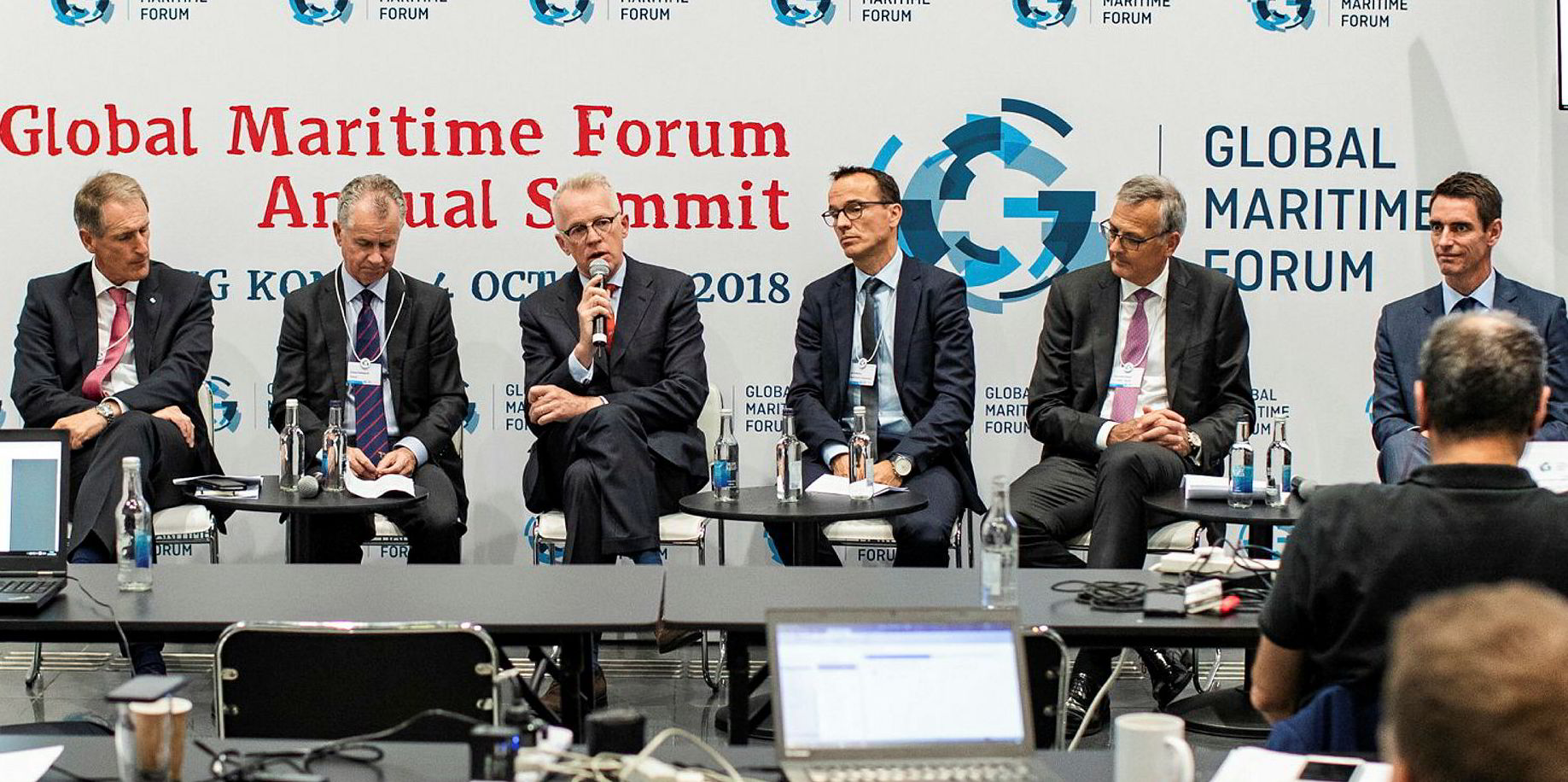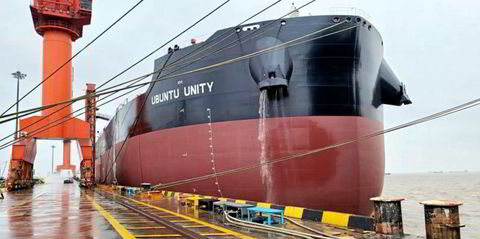Shipping has much to reflect on in the aftermath of this week’s report from the United Nations' Intergovernmental Panel on Climate Change (IPCC), which warned the world is on a far more disruptive course of climate change than had been understood.
Threat of climate extremes, floods, droughts, rising sea levels and upheaval for hundreds of millions of people are significantly heightened if global warming moves above 1.5C




